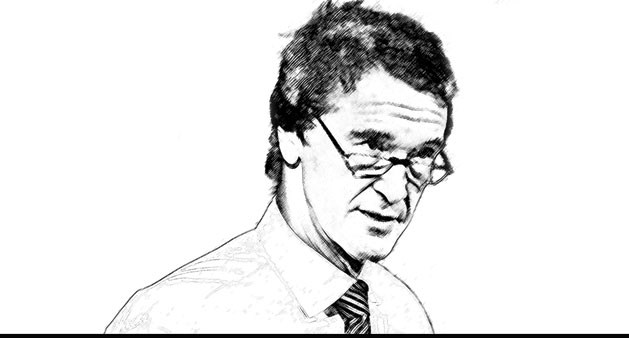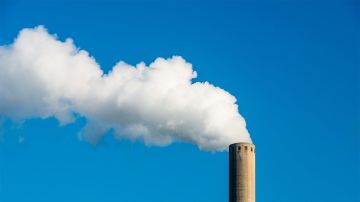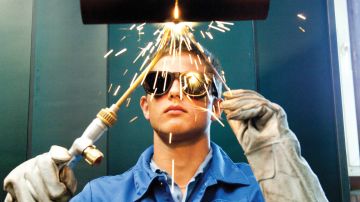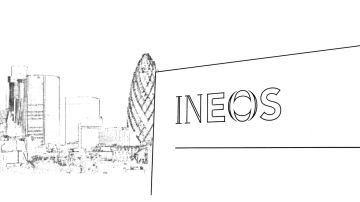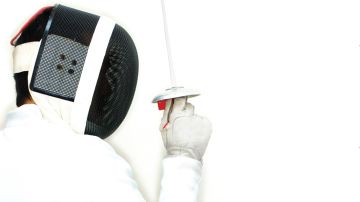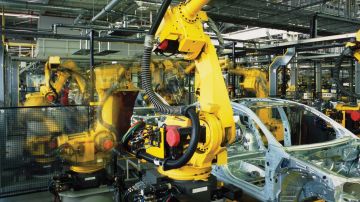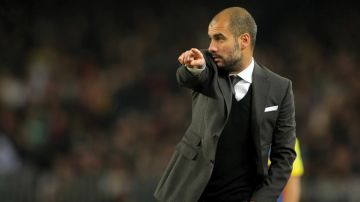Jim Ratcliffe, chairman of INEOS, talks candidly to Tom Crotty, director INEOS Group, about 2011 and the first few months of 2012.
TC: We last met in November when you explained that, although the year had started well, by the end of it demand had softened, on the back of uncertainty in Europe. Did the year end as you had expected?
JR: Yes. It was a quiet Q4 because of the Euro crisis and China’s decision to tighten its belt and all our businesses saw orders dry up. There was a lot of de-stocking going on around the world.
We had similar Q4s in both 2009 and 2010 so it wasn’t a disaster, more of a disappointment because the first half had been outstanding. But the chemicals’ business does go up and down. We all know that.
Over the course of the four quarters of 2011 it all balanced out to be a very comfortable year for us and Q1 of this year has started strongly.
People are restocking and generally demand has picked up. America is going well and China has loosened its belt again. All in all we are quite pleased with Q1.
TC: How was the safety performance for the year?
JR: On the personal safety front we had a record year. Our safety statistic was .2 or .21, which was the best we’ve ever seen.
That, in itself, was very good but more importantly we have seen four years of progress, which shows that the systems we have put in place are working well.
We can safely say that we are probably now in the top decile of the chemical industry.
But we know that Exxon is at 0.16 and we are at 0.21, which means we can always get better, that improvements can always be made until we get it to zero.
The other aspect is process safety, which is more difficult to measure than personal safety because statistically there is not as much happening.
But we scrutinise very carefully loss of containment, and any loss is always discussed at length in board meetings. We look very carefully at the SHE critical trips and alarms so that if we ever get to the last line of defence, or there is ever an issue with one of these chemical processes, we can do something to prevent a major problem.
TC: In January you went to the financial markets to refinance borrowing. What was the response from potential investors?
JR: Surprisingly good. January was still a particularly difficult month because we were coming out of the Euro crisis, people weren’t too sure because the Chinese had not come back from their New Year celebrations and, although we had seen some very positive signs coming out of America, we were still a little uncertain about how we would be received in the marketplace.
But we were heavily over-subscribed. We were raising just less than $1billion but we saw over $5 billion of appetite. In the end we took out just over $1.6 billion. But one of our exercises for the rest of the year is to completely refinance the business.
TC: Why was the demand to invest in INEOS so high?
JR: Well, apart from the fact that they liked us obviously, and the presentations went well, INEOS has made a lot of issuances over the years. It has never let anyone down. We were severely tested in the crisis in 2008 and we obviously passed that test in the worst recession for the past 30 or 40 years.
Since then, investors have done very little investing and now sit on a lot of cash. They know that if they put their money on deposit, they will earn almost nothing so they are looking for ways to invest it.
The bonds that we issue are paying 8% so they see INEOS as a good risk. And so far – over many years – our bonds have always performed well. Obviously they go up and down. If you have a crisis, bonds dip down but they have always come back and we have never defaulted.
INEOS’ performance has always been strong apart from Q4 of 2011, but the first half of 2011 was the strongest we’d ever seen it so we have obviously bounced back from the recession well and our vision for 2012 is quite positive. All in all it was a very, very good result and we were delighted.
TC: Did it come as a surprise?
JR: We were pleasantly surprised. But we thought it would go quite well, otherwise we would not have gone out there in the first place.
There is an awful expression in America (sorry to all the US readers) called a ‘blowout deal’. It does not sit well within the English language but it was a ‘blowout deal’. Most of the money we raised was in the United States, in a market that is very strong. People are thinking very positively in America right now.
TC: What does that now mean for the business?
JR: As you know we want to finish the refinancing. It is a thing that you do in bite-sized pieces because it is too much to do all in one go so we hope to be out there again in the first half of this year to complete the process. It just means that we will have a very settled balance sheet. We want to address the issues that arose in 2008 and 2009. I am sure people will remember that we finished up with some fairly severe penalties effectively from the financial markets because of what happened in the crisis, which was caused by the banks.
The banks obviously have the powers to inflict some quite hefty penalties on INEOS so we have to take ourselves away from that. Through the refinancing all of those penalties disappear.
TC: Do you see any change in the INEOS model – as a privately-owned group of businesses chemicals company?
JR: No. I don’t think so. It is steady as she goes.
TC: Are the joint ventures that we established last year working well?
JR: Although Styrolution had a very quiet Q4, it had a good year overall. Like INEOS, it has also enjoyed a good first quarter, so it has started the year all guns blazing.
The Refining market in Europe has still not settled down following the 2008/2009 crisis. We still need to see more capacity coming out. Some capacity has come out as Petroplus collapsed a few months ago, although some people are still toying with the idea of rescuing some of those components, which to us looks ridiculous, but it is a very difficult business to predict. In January, Refining had quite a good month but then February has been quite difficult. We need more time for it to settle down and for the supply and demand to balance out.
TC: What is your focus for the business this year?
JR: Number one is without doubt to complete the refinancing, which hopefully will go well. Then, I think our focus is largely on two areas of growth for INEOS.
Firstly we have shale gas in America which is opening up a lot of opportunities. Quite a lot of our time, attention and focus are spent thinking about whether we wish to take advantage of any of those opportunities.
The second growth story in INEOS is China where there is a lot of interest being shown in our intermediates businesses.
China has invested in its upstream, what we would describe as O&P businesses, so lots of crackers and polymer plants have been – and are still being – built in China. But China has not really moved into the intermediates area which is one step downstream of the upstream petrochemicals and INEOS has some very interesting businesses in Phenol and Acrylonitrile, Oligomers, Oxide, and some of our technologies businesses.
TC: In November, you said that there will always be ups and downs in business. How can INEOS ensure that it continues to do well despite such uncertainty?
JR: There are no easy recipes or guarantees. We know that our businesses are cyclical and there will be ups and downs. All you can do is be sure that you are as fit as you can be and that your fixed costs are very competitive so that, at the bottom of the cycle, we don’t see any negatives on the P&L account. That means we have to have low fixed costs big units, we have to have efficient and reliable units, and efficient technology. A lot of that was road tested during the crisis in 2008/2009. Since then we have shut one or two things down and we have sold one or two things, so what you see in the INEOS portfolio today is a pretty lean and fit portfolio of assets and plants.
TC: And lastly, how is the team doing? I am referring, of course, to Manchester United.
JR: You had to spoil things. For those of you who are reading – or listening – you may know that Tom is also a fan of Manchester United. This part of the interview could last longer than the rest of the interview put together once I start. I mean we really are flattered by the appalling performance of the rest of the league in England. They are all hopeless – Liverpool, Chelsea, Arsenal are hopeless. All of the good players seem to have left the UK. United is sitting at the top of the tree but we have had to bring Paul Scholes back into midfield. He’s 38 and we have had to bring him back into midfield. Barcelona has got eight or nine Paul Scholes and they are all 24 or 25 so we really are flattered. It is no surprise to me that we dropped out of the Champions League, and the rest of the English League has dropped out of the Champions League. I don’t know what has happened. It’s all very depressing. You have completely ruined the interview Tom.
